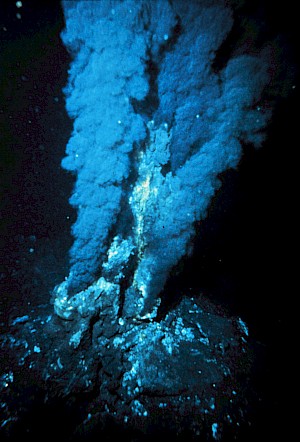Implementing collective actions on threatened and/or declining species

The ‘Roadmap for the implementation of collective actions within the Recommendations for the protection and conservation of OSPAR listed Species and Habitats’ was adopted by the OSPAR Commission meeting in June 2017. The roadmap spans the time period 2017-2025, and thus implementation of actions agreed in OSPAR Recommendations that require coordinated efforts of the Contracting Parties and/or external organisations begins now.
During the ICG-POSH 2017 meeting held 21-23 November 2018, lead countries presented Action Sheets for the collective actions. The action sheets outline the plan for implementation of specific actions, resources needed, schedule and the planned output.
The roadmap marks a new phase in OSPAR work to implement the ecosystem approach. The collective actions will require joint efforts to ensure human activities that are exerting pressures on the species and habitats that are listed as threatened and/or declining by OSPAR are being sustainably managed.
The collective actions that Contracting Parties have committed to implement when adopting the OSPAR Recommendations for threatened and/or declining species and habitats span a wider range of actions. Collective actions include the need to develop new monitoring strategies for coastal habitats to developing a better understanding of the impacts of underwater noise on harbour porpoise.
